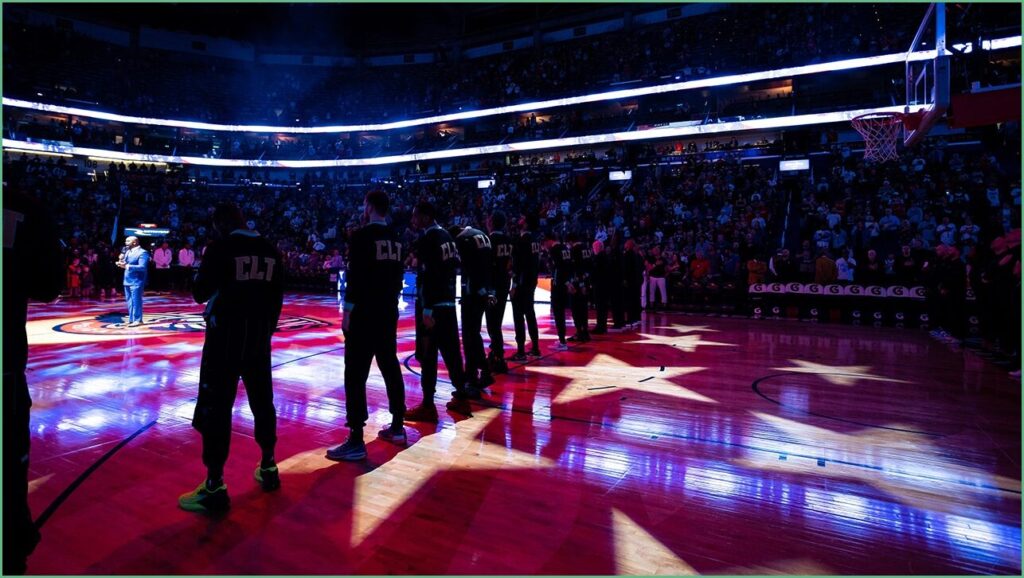The latest federal indictment has shaken up the basketball world by alleging that Terry Rozier staged an injury to help friends cash in on bets, while former coach Damon Jones is accused of feeding Los Angeles Lakers player information to bettors. The charges claim coordinated efforts that blurred the line between on-court performance and off-court wagering, and authorities say they have evidence connecting players, staff, and third parties to suspicious betting patterns.
According to prosecutors, Terry Rozier’s injury was not simply bad luck but part of a scheme to manipulate game outcomes for financial gain. Investigators contend that Rozier and associates coordinated timing and details so that bets placed by friends would pay off, and those wagers reportedly totaled thousands of dollars. If true, the allegations strike at the heart of sports integrity and could trigger both criminal penalties and league discipline.
Separately, the case names Damon Jones for allegedly sharing inside information about Los Angeles Lakers players with people placing bets. The complaint portrays Jones as a conduit, passing along details that could give bettors an unfair edge, such as player availability and strategic decisions. Those kinds of disclosures, even if framed as casual conversations, can become criminal when tied to a betting scheme.
The legal landscape here is straightforward but serious: sports wagering schemes can run afoul of federal wire fraud and conspiracy statutes, and prosecutors are increasingly aggressive in targeting coordinated activity. Beyond criminal exposure, the NBA has its own rules that ban gambling-related misconduct by players, coaches, and team staff. That dual front—criminal court and league discipline—means the reputational and professional stakes are high.
The fallout will also hit betting markets and sportsbooks, which are sensitive to any hint of manipulation. When insider information or staged incidents influence outcomes, bookmakers can face big losses and bettors lose faith in market fairness. Regulators and operators often respond by tightening monitoring and freezing accounts tied to suspicious wagers, and this case will likely prompt a fresh round of scrutiny.
Team responses matter, too, and franchises usually move quickly to protect their brand even before legal processes wrap up. Expect internal reviews, cooperation with investigators, and precautionary discipline as teams try to distance themselves from alleged misconduct. At the same time, affected players and staff will likely mount legal defenses that challenge the sufficiency of evidence and the interpretation of communications and transactions.
Practical consequences could include criminal charges, fines, suspensions, and bans from the sport, depending on what investigators prove. Courts will sort out intent, coordination, and the direct link between alleged actions and betting outcomes, while the NBA will weigh penalties based on its own standard for protecting competitive integrity. Fans, sponsors, and media attention will keep pressure on both legal and league processes to move quickly and transparently.
This case is a reminder that the modern intersection of sports and gambling demands strict adherence to rules and a clear separation between play and profit-seeking schemes. As the legal proceedings unfold, stakeholders from teams to regulators will face tough choices about accountability and prevention. What comes next will shape not only the careers of those named but also how the league and law enforcement guard the game going forward.
